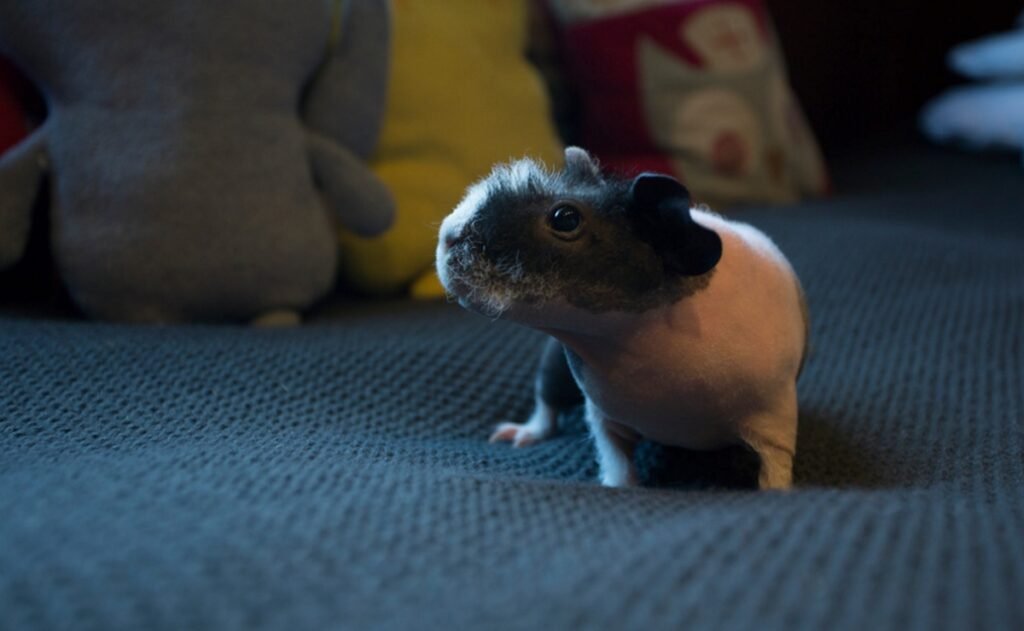Winter isn’t really a good time for guinea pigs, especially for those that are kept outside. For those who live in warmer areas, or in areas enjoy a temperate continental climate, caring for guinea pigs and rabbits, does not involve a special attention.
Photo by Margot Hartford Photography – More kids’ room ideas
Things get more complicated in winter, when pets especially smaller ones, are prone to various diseases. More than that, unfortunately, there are some owners who avoid going out in the cold days, to care for these tiny creatures. So shortly, cages will be dirty, and your little pet will suffer from hunger and thirst that will lead to their illness and even death.
Therefore, If you own a small animal (rabbit, gerbil, guinea pig) can prevent the risk of illness by following some very useful tips.
Here’s what you need to know about caring for guinea in the winter.
1. Make Sure Your Guinea Pig Has an Optimal Temperature
Guinea pigs do not appreciate the very high temperatures, so do not place your pet, very close to the radiator thinking that creates an extra comfort for it. Your little friend is doing well at a temperature of about 70 – 72 degrees Fahrenheit (22 degrees Celsius), so you need a room thermometer to indicate the temperature.
However, if you keep these rodents outside or in a cool room, you had better make sure they have all the comfort. Make sure you cover up your guinea pigs hutch at night and change their bedding frequently. Fill the cage with lots of straw and change the bedding regularly because its wet parts of it may freeze.
Take into account the very low overnight temperatures and try to provide him a high degree of comfort. You can make a warm sleeping area from a cardboard box lined on the outside with newspapers, make a little door in the box and here you have a comfortable shelter for your protégé.
2. Give Him a Proper Diet
In the cold season, guinea pig needs a vitamin supplement, because burnings of the body grow. You can give your little rodent, carrots, parsnip, basil leaves, and fruits such as apples or pears. Although your pet might appreciate the fruit sweetness, make sure you will set a nutritional balance and mix them with dry food fruit pieces (grains) to prevent abdominal pain. Remember that with food, provide your little friend and fresh water.
4. Ensure Him a Good Mood with a quality Light
Because the days are shorter and obscure, guinea pig will feel these gaps, and will be prone to depression. You can solve this problem using special lamps that can replace the sunlight. You will notice that your little friend will enjoy an excellent tone if gets more light.
When and How to Do Pet’s Dental Scaling? (howtobuildahouseblog.com)

